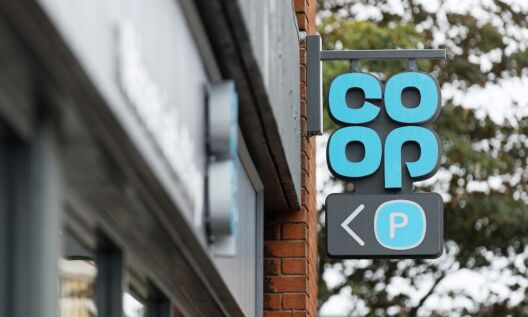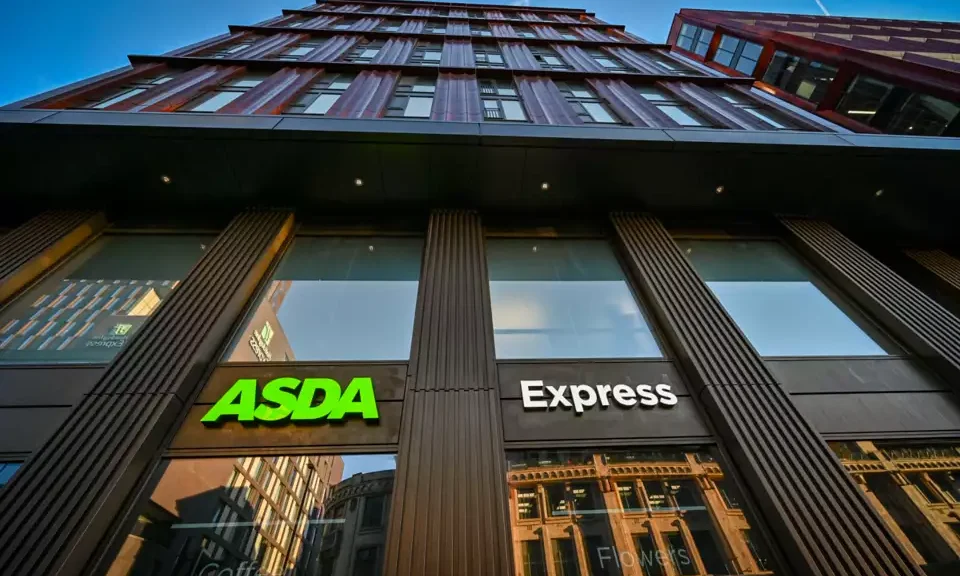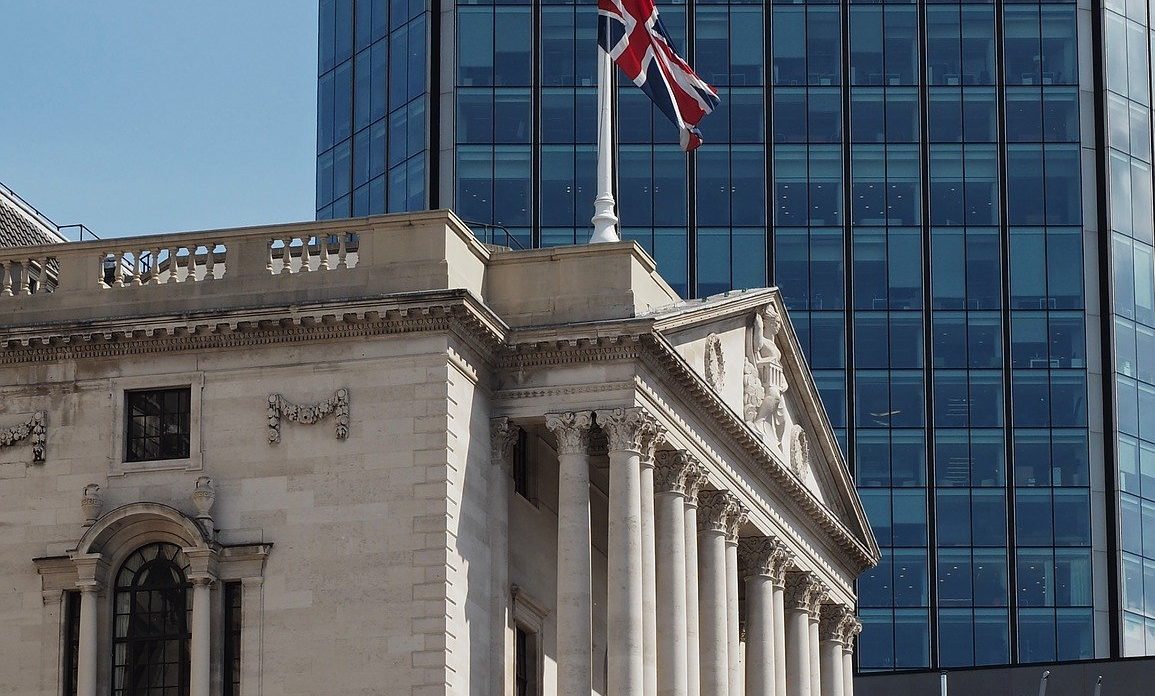Register to get 1 free article
Reveal the article below by registering for our email newsletter.
Want unlimited access? View Plans
Already have an account? Sign in
Inflation fell for the second consecutive month in July to 6.8%, down from 7.9% in June, as the energy price cap and the slowing of food costs helped drive down prices.
According to the latest figures from the Office for National Statistics, the easing in the annual inflation rates in July 2023 principally reflected price changes in the housing and household services division, particularly for gas and electricity.
There were also notable downward effects from food and non-alcoholic beverages, particularly from milk, bread and cereals. Milk, cheese and eggs provided a negative contribution of 0.04 percentage points to the monthly change in the CPIH annual rate.
The rate of these goods eased to 18.7% from 22.8% in June, while its monthly rate saw a fall of 0.4%. Milk products drove the negative contribution, with the price of whole milk falling 5.8% on the month and the price of low-fat milk falling 3.2% on the month.
The second-largest downward contribution came from the bread and cereals category, where the annual rate eased to 14.4% from 16.7% in June.
Hotels and passenger transport by air provided the largest offsetting upward contributions to the change in the annual rate.
ONS deputy director of Prices Matthew Corder said: “Inflation slowed markedly for the second consecutive month, driven by falls in the price of gas and electricity as the reduction in the energy price cap came into effect.
“Although remaining high, food price inflation has also eased again, particularly for milk, bread and cereal. Core inflation was unchanged in July, with the falling cost of goods offset by higher service prices.”
Helen Dickinson, chief executive of the British Retail Consortium, added: “Headline inflation fell again, driven by falling household bills and clothing prices. Food inflation eased to its lowest level in almost a year: many households will find their mornings getting cheaper, with price drops in tea, coffee, milk, breakfast cereals and fruit. Meanwhile, clothing retailers mitigated the wet weather with larger discounts across their ranges.
“There remains potential stumbling blocks ahead. Russia’s withdrawal from the Black Sea Grain Initiative and subsequent targeting of Ukrainian grain facilities, as well as rice export restrictions could put pressure on some global commodity prices, slowing the fall in food prices. Retailers continue to invest heavily in keeping falling prices on track. Government can support these efforts by freezing business rates from next April, or else risk adding a £400m additional pressure on prices.”



















